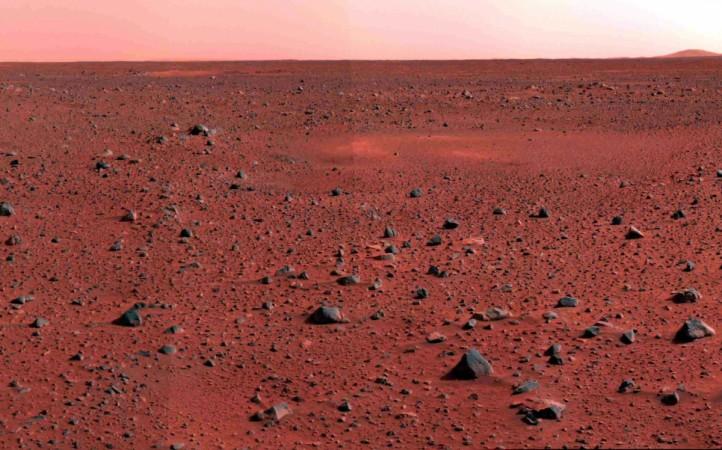
Notwithstanding the Mars One project being dubbed as a "suicidal mission, young Muscovite Anastasia who has always felt lost on Earth hopes to go there and find her life.
"I had this empty feeling, as if I was waiting for something, waiting for my life to start for real at last. It grew worse every year as I started to feel that my whole life would be like this." But, when she heard about the Mars One project, she said: "I felt better and better, it was as if my apathy was abating. I thought, 'Anastasia, you dummy, that's what you needed,'" Russia Today reports.
Mars One is a non-profit organization in Netherlands that has put forth a concept to establish a permanent human colony on the Red Planet.
Teams of four will be sent to the planet every two years starting 2024. The first untitled mission is expected to be launched in 2018.
As many as 200,000 people had applied from all over the world when the NGO had made their first call. Most wanted to be a part of history, others applied in hopes of experiencing an adrenaline rush.
Anastasia Stepanova, who has been described as "nuts in a good way" by her sister Evgenia, said that she wanted to "write a new chapter in human history". Referring to the vast number of applicants, Anastasia said that it was evident that a lot of people obviously "can't wait to leave the planet."
Meanwhile, Igor Mitrofanov of the Space Research Institute at the Russian Academy of Sciences told the Voice of Russia: "I believe that these people are not professional in space science and technology, because would they be professional, they probably would not make this application, because they would have known how difficult this is and what big risk is associated with this attempt. I think that probably these people have some interest in these extreme games when people decide to do something risky by themselves just to experience some emotions out of this action,".
The number of candidates has been reduced to just 663 now, the Daily Mail reports.
Eventually, the authorities will select just four people who will receive the "one-way-ticket" to Mars and will hopefully reach the foreign planet after a long seven-month journey.
Mitrofanov further said that that the largest risk comes from a "very big radiation doze which will be accumulated during this trip," Mars Daily reports.
The aim is to create a human colony, which by 2033 must have at least 20 people living and working there.
The Mars inhabitants will be expected to collect data like plant oxygen-producing vegetation and based on their research, conditions in the Red Planet will be improved for human colonisation.















